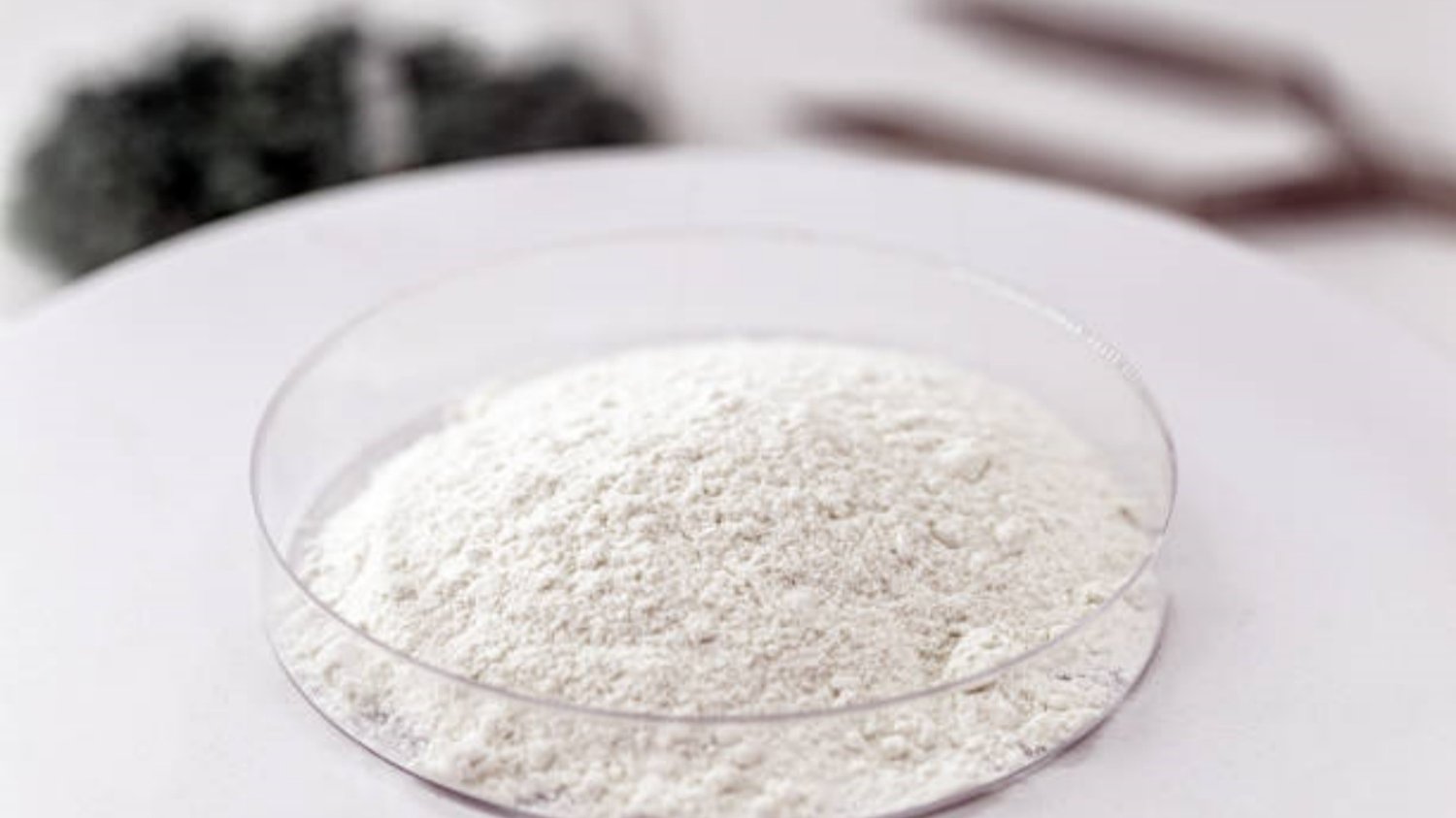What is spermidine trihydrochloride? A Comprehensive Guide
Spermidine trihydrochloride is a compound that has gained significant attention in the scientific community due to its potential health benefits. This article will provide a comprehensive guide to understanding what spermidine trihydrochloride is and how it may positively impact human health.
1. Introduction to Spermidine Trihydrochloride
Spermidine trihydrochloride is a synthetic form of spermidine, a naturally occurring polyamine found in all living organisms. It is a white crystalline powder that is soluble in water and commonly used in research settings. Spermidine trihydrochloride is known for its ability to modulate various cellular processes and has shown promise in promoting longevity and overall health.
2. The Role of Spermidine Trihydrochloride in Cellular Processes
Spermidine trihydrochloride plays a crucial role in several cellular processes, including cell growth, proliferation, and apoptosis. It functions as a regulator of gene expression, protein synthesis, and mitochondrial function. By modulating these processes, spermidine trihydrochloride has the potential to influence overall cellular health and function.
3. Potential Health Benefits of Spermidine Trihydrochloride
Spermidine trihydrochloride has been studied extensively for its potential health benefits. Research suggests that it may have anti-aging properties, improve cardiovascular health, enhance cognitive function, and boost immune system function. Additionally, spermidine trihydrochloride has shown promise in preventing neurodegenerative diseases, such as Alzheimer's and Parkinson's.
4. Spermidine Trihydrochloride and Longevity
One of the most intriguing aspects of spermidine trihydrochloride is its potential to promote longevity. Studies conducted on various model organisms, including yeast, worms, flies, and mice, have shown that spermidine supplementation extends lifespan. The exact mechanisms behind this effect are still being investigated, but it is thought to involve autophagy, a cellular process that removes damaged molecules and organelles.
5. Spermidine Trihydrochloride and Cardiovascular Health
Research suggests that spermidine trihydrochloride may have beneficial effects on cardiovascular health. It has been shown to reduce blood pressure, improve endothelial function, and inhibit the formation of atherosclerotic plaques. These findings indicate that spermidine trihydrochloride could be a potential therapeutic option for preventing and managing cardiovascular diseases.
6. Spermidine Trihydrochloride and Cognitive Function
Emerging evidence suggests that spermidine trihydrochloride may play a role in maintaining cognitive function and preventing age-related cognitive decline. Animal studies have demonstrated its ability to enhance memory and learning abilities. Furthermore, spermidine supplementation has been associated with increased levels of brain-derived neurotrophic factor (BDNF), a protein that supports the survival and growth of nerve cells.
7. Spermidine Trihydrochloride and Immune System Function
The immune system plays a crucial role in defending the body against pathogens and maintaining overall health. Spermidine trihydrochloride has been shown to enhance immune system function by promoting the maturation and activation of immune cells. It can also modulate inflammation, which is a key component of the immune response.
8. Spermidine Trihydrochloride and Neurodegenerative Diseases
Neurodegenerative diseases, such as Alzheimer's and Parkinson's, are characterized by the progressive loss of neurons in the brain. Spermidine trihydrochloride has shown promise in preventing these diseases by reducing oxidative stress, promoting mitochondrial function, and enhancing cellular clearance mechanisms. While more research is needed, these findings suggest that spermidine trihydrochloride could be a potential therapeutic agent for neurodegenerative diseases.
9. Spermidine Trihydrochloride in Research and Clinical Applications
Due to its diverse biological effects, spermidine trihydrochloride has become a subject of interest in both research and clinical settings. Researchers are investigating its potential applications in various fields, including anti-aging interventions, cardiovascular disease prevention, and neuroprotection. Clinical trials are underway to determine its safety and efficacy in humans, paving the way for future therapeutic use.
10. Conclusion
Spermidine trihydrochloride is a compound with immense potential in promoting human health and longevity. Its ability to modulate cellular processes, improve cardiovascular health, enhance cognitive function, boost immune system function, and potentially prevent neurodegenerative diseases make it a fascinating area of research. As scientists continue to unravel its mechanisms and explore its clinical applications, spermidine trihydrochloride may emerge as a valuable tool in the pursuit of improved health and longevity.

